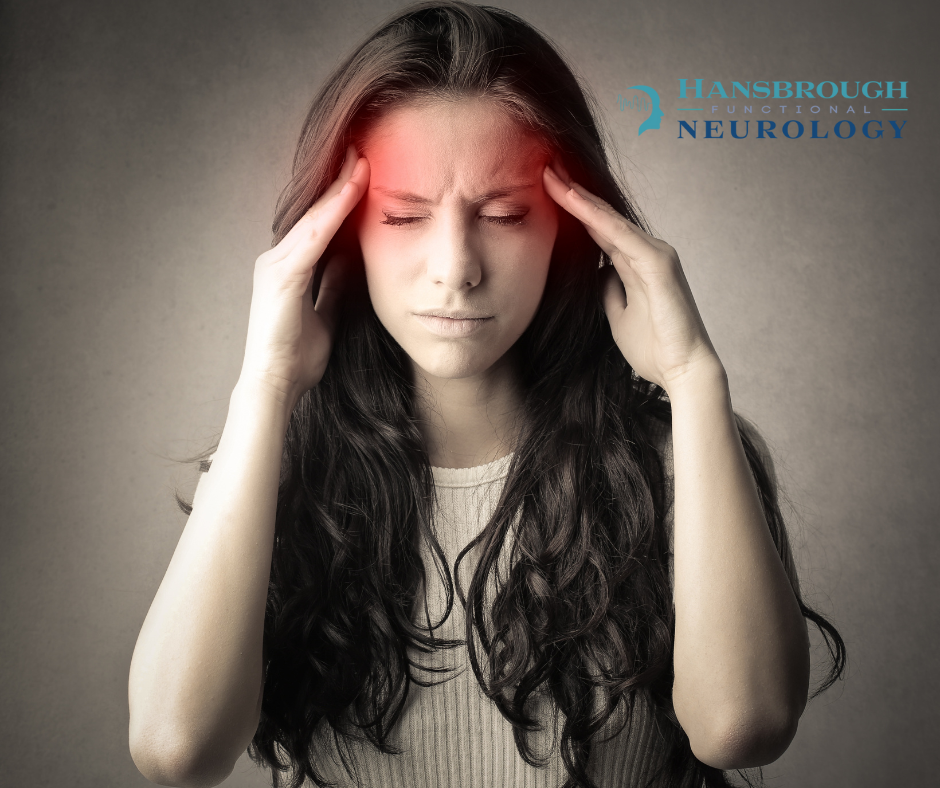.png)
Preventing Neuropathy in High-Risk Populations
Functional neurology helps prevent neuropathy by addressing the root causes of nerve damage in high-risk groups like diabetics and those with inflammation or nutrient deficiencies—supporting brain function, blood sugar balance, and circulation to protect nerves and improve long-term health.
Read More ->.png)
Seasonal Wellness: How Weather & Light Affect Brain and Nerve Health
Seasonal changes in light, temperature, and weather can impact brain and nerve function. We help patients adapt through personalized care that supports balance, resilience, and year-round wellness by aligning the nervous system with natural environmental rhythms.
Read More ->.png)
Daily Habits to Support Your Nervous System
Your daily habits shape your nervous system’s health. Emphasize movement, nutrition, stress management, sleep, and brain challenges to strengthen neurological function, boost energy, and promote long-term balance naturally—one healthy choice at a time.
Read More ->
Migraines & Headaches: Beyond the Pill — Functional Neurology Solutions
If you suffer from migraines or chronic headaches, you know how disruptive they can be. Functional neurology addresses the root causes of migraines and headaches by restoring balance in the brain and nervous system.
Read More ->.png)
Understanding Peripheral Neuropathy: Causes and Symptoms
Peripheral neuropathy occurs when nerves outside the brain and spinal cord are damaged, causing tingling, weakness, or numbness. Functional neurology addresses root causes, improving nerve health, movement, and daily function.
Read More ->.png)
The Role of Stress in Thyroid Health
Stress affects your nervous system and thyroid, causing fatigue, brain fog, and hormone imbalances. Functional neurology targets the root cause, restoring balance, improving thyroid function, and boosting overall well-being.
Read More ->
How to Choose a Functional Neurologist
Finding the right functional neurologist can transform your health journey. At our Stuart, FL clinic, we guide patients step by step toward long-term improvement and better quality of life.
Read More ->.png)
Neuropathy and Hydration: How Staying Hydrated Supports Nerve Health
Proper hydration supports neuropathy relief by enhancing nerve function, reducing inflammation, improving circulation, and preventing muscle cramps.
Read More ->.png)
Why Is Neuropathy So Bad at Night?
Neuropathy symptoms often worsen at night due to reduced distractions, slower circulation, cooler temperatures, and accumulated stress. These factors make nerve pain more noticeable and intense when you're trying to sleep. Understanding this can help manage symptoms naturally.
Read More ->.png)
8 Ways to Overcome Fatigue
Natural strategies can help to combat fatigue, including improving sleep, eating a nutrient-rich diet, managing stress, exercising regularly, and supporting gut health. Following these practical steps can help you restore energy and vitality and feel more refreshed and energized throughout the day.
Read More ->
How to Fix Your Thyroid Naturally
Discover natural ways to fix your thyroid and restore balance with holistic approaches. Learn about diet, stress management, gut health, and herbal support for better thyroid function in Stuart, FL.
Read More ->.png)
Top 10 Signs of Hypothyroidism
Hypothyroidism, or an underactive thyroid, occurs when the thyroid gland doesn’t produce enough thyroid hormone. This vital hormone controls metabolism, energy levels, and many other processes throughout your body. Think you may have hypothyroidism? Know what to look for. Here are the top 10 signs of hypothyroidism.
Read More ->.png)
.png)
.png)
.png)

.png)
.png)

.png)
.png)
.png)

.png)